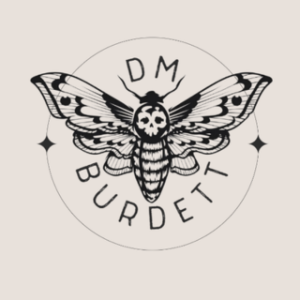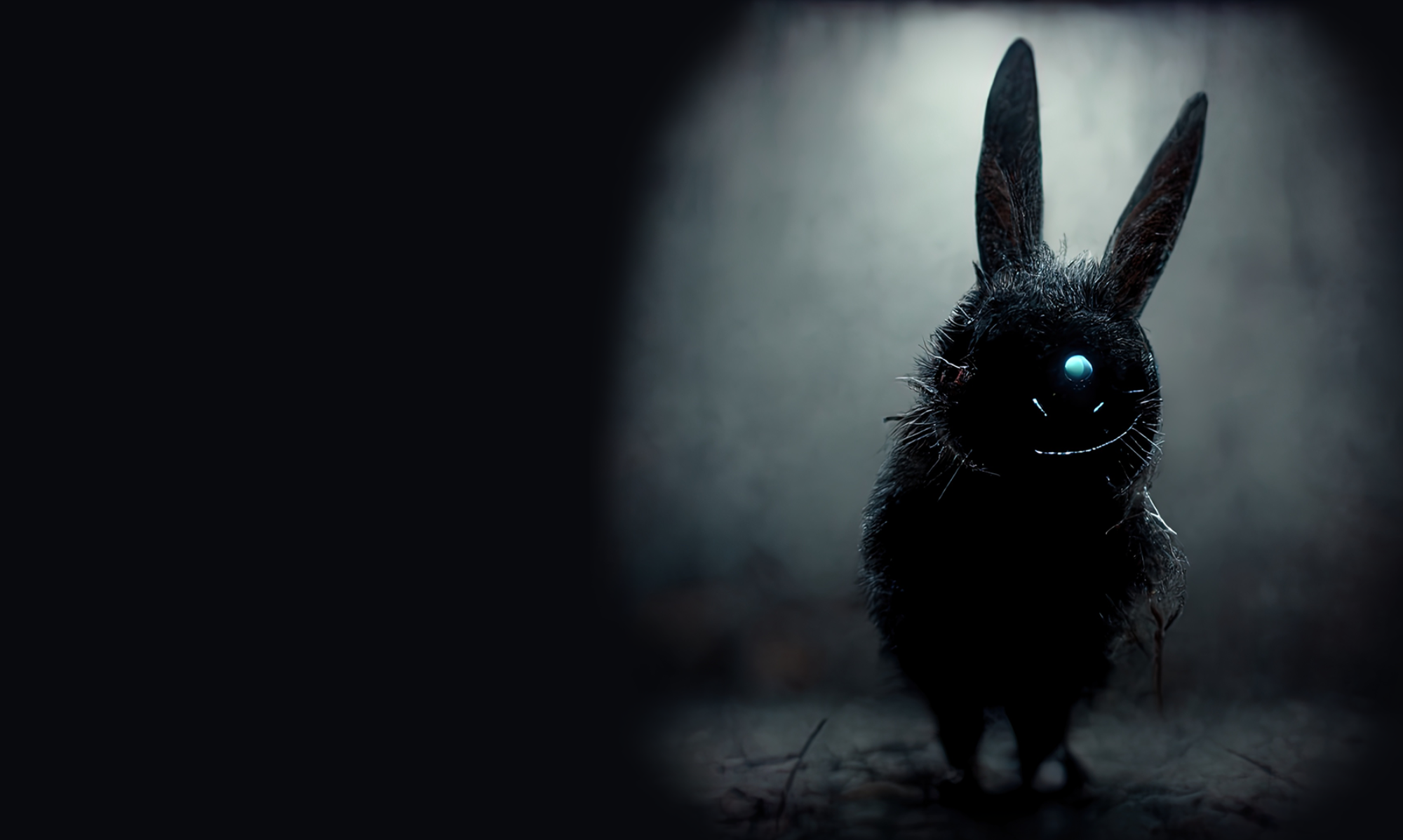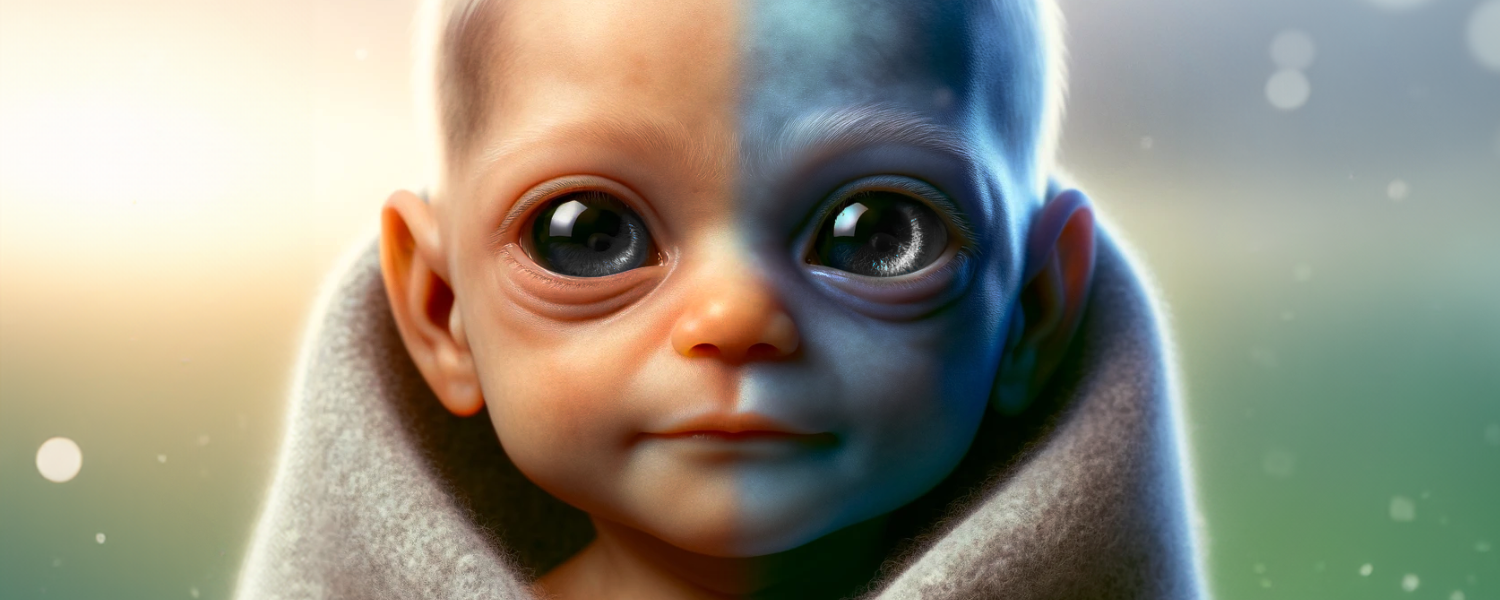The storm passed through the bay, drenching everything in its path and filling the night with a cacophony of deafening drums.
Lightning shattered across the cloudless sky, and the wind whipped debris into swirling clouds around me as I stumbled down the embankment of the overpass. I steadied myself against the wall, the weight of Ella’s body threatening to topple me into the swelling waters of the Yarra with every precarious step.
I ducked under the Wesgate Ridge sign, stepping into the gap under the overpass and out of the deluge, just as my legs finally gave out. I dropped to my knees, my hands skidding in the mud, almost not catching my weight, and Ella’s body slid slowly, carelessly from my shoulders. My vision swam in the darkness while her dead eyes watched, unblinking.
The first wave of convulsions wracked my body, and I vomited bloody mucus into the wet dirt until dry heaves left me wheezing and breathless.
As the dizziness abated, I gulped cold gasps of damp air into my lungs.
Ella, in life, had been a tiny slip of a girl. Lithe and strong, the fiercest of soldiers, was tiny even so. But I was fatigued and malnourished, and not used to the unfiltered air outside of the city walls.
And she was all dead weight now.
When I felt able, I pulled her swathed body to the water’s edge and mumbled a brief epitaph as I pushed it into the choppy water.
“Stand down, soldier,” I whispered.
I watched for a moment as the bundle bobbed on the current, before the Yarra’s movements slowly pulled her out into the turbulent flow, and out to sea.
The river was no proper burial for a soldier of Fomalhaut, but there was little choice in these dark times. If the Sapiens found a burial pyre, they would know that we’d been here. Know that we were out here somewhere.
They would come for us, hunt us down.
I left the overpass then, dragging myself back up the bank to the road above, the rain pummeling me all the while.
As I stood at the junction, I looked back across the river. The storm drowned out the gunfire and the engines, but flashes of light spattered across the landscape on the far side. I watched as an explosion erupted somewhere near the old docks, lighting up the decimated remnants of the New Melbourne skyline.
They’d taken the city.
The domed metropolis was all but gone. Only shattered obelisks of the thick wall still remained, in testament to the life we’d built on Earth over the last two hundred years. Two hundred years since we’d come here to help the human survivors of their last war. To help them rebuild the fractured ruins of the planet they almost destroyed. We’d made a new home. For them and for us.
I turned and headed back to the old pumping station wearily, the rain beating me down as I staggered through the deserted streets.
I dropped into the basement of the ancient ruins just as Tara’s scream echoed through the dark corridors, the sound cutting through the thunder. Fuck! She’s gonna get us all killed.
The sound followed me as I shuffled through the underground labyrinth of corridors, stooped low against the torn ceiling above, before shouldering open the rusting door to the room that we’d taken refuge in the night before. Neither Brad nor Tara looked up when I entered.
“The city’s gone. They’re still taking a lot of fire over by the docks though.” I sat down heavily on a concrete slab that butted out from the damaged wall and shrugged off my armor. “Whoever’s over there is keeping the Sapiens busy.”
Brad nodded, but I could see he wasn’t listening. He touched Tara’s cheek tenderly and his thumb, blue and opaque, rubbed across her pale, white cheek—not for the first time, I was reminded of the peeled, boiled egg of a chicken the Sapiens seemed to eat so frequently. She gurgled another loud groan through clenched teeth, her eyes squeezed shut, and her jaw clenched as her fingers dug into his arm.
“How’s she doing?” I asked, although I didn’t care. This Sapien was holding us back, giving us problems we didn’t need. If it weren’t for her, we’d be on the M route by now. And we’d be a man up.
Brad and I were among the first Fomalhaut settlers to land on the planet after the human’s almost nuked themselves out of existence in 2020. We came with love and empathy, our aim only to help, each of us chosen by our people for our fortitude, our respect, our science. When we left our planet, we knew it was a one-way ride; it would be a long time before the Sapiens would have the technology that could help us get home.
We were met with suspicion, but once the Sapiens realized we were not a threat—we had come to build, not fight—they welcomed us with open arms. They embraced our technologies and our compassion and learned how to live together in harmony, as we once did on Fomalhaut.
But Hautians live longer than humans and the friends we made in those early days grew old and died. We loved and cared for their children and grandchildren, but most of them are gone too. And now age is finally starting to take a hold on us.
Successive generations of Sapiens didn’t understand the extent of what had happened in World War III, of just how devastated human life had become, how hard it had been to rebuild with so little. Times are still hard, and they see the infiltration of Hautians into their society as a takeover of what they deem to be their human entitlement.
They just want their planet back, for themselves. No aliens as neighbors. No aliens in government. No aliens taking their jobs.
No aliens.
And so anarchy had permeated our quiet lives. To many, we were no longer seen as the saviours. We became the invaders. The Sapiens rallied and protested, and their numbers grew. We started to get voted out of our political positions. We lost our jobs to Sapiens with no credentials. We became segregated.
Now those groups who want us to leave Earth, the planet we call home, are big enough to start a war of their own.
Brad sighed. “I don’t know. I don’t know if this is normal or not. Does it seem like it’s taking too long?” He turned to me beseechingly.
I shrugged. How would I know? “We need to get moving soon. They’ll start reaching out of the city in the morning. We can use the storm as cover and carry on out West.”
“We can’t go anywhere while she’s like this.” Brad’s dark eyes watched her carefully.
I gritted my teeth. “Brad, if we’re still here by sun-up, we’re all dead,” I warned.
He turned to me now, anger fizzled in his eyes. “I’m not asking you to stay. Go, if that’s what you want to do. But Tara can’t go anywhere right now.”
“If I was gonna dump and run, I’d have done it before we left the city.”
“Then quit bitching.”
I felt my rage begin to bubble to the surface and I fought to contain my anger. I got up and made my way over to our meagre supplies. I pulled out a bladder of water and sucked at it sparing. We’d need some food soon—we hadn’t eaten in days.
I wiped my mouth and resealed the stopper. “We’re leaving in an hour. No arguments.”
“We’re going nowhere until she’s done.”
“Brad, I just buried Ella in the blue. In the fucking blue! She was a soldier! She deserved a proper burial. But I pushed her into the blue.” I stood for a moment, staring at him, my hands clenched into fists, while my anger subsided. “So, no one else dies today.”
Brad knew I was right.
“We’re moving out in an hour.” This time there was no resistance.
Tara’s low moan suddenly escalated. An ear-piercing screech emitted from somewhere deep within her, and our attention turned towards her.
“What’s wrong with her?” I asked.
“It’s coming,” she breathed, pain and fear etched across her face. “It’s coming!” she cried, louder this time.
At that moment, a crash from above vibrated through the building sending dust and debris down on us. The wall where I had been sitting only moments earlier disintegrated into a brick dust storm, raining huge concrete blocks down on us. I was thrown across the room, my neck snapping back as my head cracked against the old, metal door. I lay in dazed confusion, my cheek pressed against the cold stone floor, as gunfire erupted from somewhere close by.
I looked across at Brad and saw that he was gone. His body had been torn almost in half, and I watched, mesmerized, as a pool of yellow blood crept from beneath him, edging its way across the floor towards me. I reached out shakily and touched his face.
Tara’s scream pierced through the hypnosis and my eyes searched her out in the gloom. I curled my arms at my sides and pushed my body up. I steadied myself for a moment, my head down as I watched my own blood drip to the floor in rhythmic globules.
Then, crouched against the bullets flying above my head, I moved over to her.
“The baby’s coming!” she roared, terror etched across her face.
I picked her up, unsteady on my feet, and held her in my arms as I left the room and stepped into the crumbling corridor. As we made our way through the network of jumbled passageways, the sound of gunfire disappeared.
“The baby,” Tara whispered weakly in my ear, her arms tight around my neck. “It’s here.”
I placed her gently on the floor and knelt between her knees. The head and shoulders of the half breed had already crowned, and it’s bruised, contorted face looked up at me. It had its father’s black eyes.
“Fuck! What do you need to do?”
“I’m pushing,” she said quietly, and she let out a low groan as she strained.
“I got one!” a voice at the end of the corridor startled us. “And it’s got a prisoner. One of ours!”
Gunfire rang out and we both dropped to our sides, arms across our heads, as bullets ricocheted off the walls all around us. When I opened my eyes, I was staring into Tara’s dead face.
A mewl alerted me to the baby lying between us. It was still attached to its mother by its cord and, instinctively, I pulled the child to me, yanking the afterbirth from Tara’s inert body.
When the gunfire subsided, I ran blindly.
***
The baby—a boy—died six days later; a long and painful death. Starvation weakened his tiny body until his organs failed, and I looked on helplessly as he closed his father’s eyes for the last time. I did what I could, but I couldn’t provide for him as only a mother can.
I walked for another two days, the small bundle clutched in my arms, before I buried him in the ground, following the traditions of his people, at an ancient cemetery near a place called Edenhope.
It was there I met Kendrick.
I had lain by the baby’s grave for days, not knowing or caring what would become of me. I was lost, my soul sick.
Kendrick and the others had found me there and taken me into their care. They fed and clothed me, nurtured me, nursed my wounds.
Over the following years, we scoured the lands, gathered our people. Built our army.
Now we stand on the brink of war, looking across the sea to the land that will become ours.
Tomorrow.



